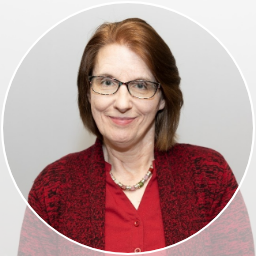This past month was DD Awareness Month, and it is exciting to see how far things have come just since the Americans with Disabilities Act was signed into law in 1990. It’s even more exciting to see that, in many ways, we continue in a positive direction.
I see us perched on the edge of ensuring that all people are treated with respect and dignity, no matter their cognitive and physical abilities and disabilities. But we still have a ways to go.
Recently I read a book about microaggressions, and it got me thinking about my experiences as a person with a developmental disability. I experience microaggressions periodically, and I’ve come to realize that those subtle and indirect forms of discrimination are sometimes harder to deal with than the outright aggression of the past.
For example, as a young person, I often had employers tell me upfront that they did not feel I could do a job. In some cases, they essentially said I wouldn’t fit in, because people would not be comfortable with the way I walk. I once asked a prospective employer why he felt that way.
He replied that because he already didn’t feel comfortable with the way I walk, he was certain his customers wouldn’t, either. I was crushed, to say the least. There is not much I can do about the way I walk. Or the way others feel about my gait.
All of us want to be seen for our inner light, inner beauty and innate value. I recently spoke with a friend who is a person of color about being embraced based on our inner selves instead of our outer shells. We’re perplexed when progress stalls and people experience discrimination due to their race, disability status, sexual orientation or identity, religion – all or any of that. When positive momentum stops it seems kind of scary, as if things could just slide backwards. I cannot bear to hold that thought for long. It’s simply too heavy.
While I hope we don’t return to a time when people could legally act on their prejudices and stereotypes, I do hope we can recognize the importance of positive public discourse. We must talk about why it’s crucial for our diversity to be celebrated, why it’s unacceptable for marginalized groups to be unemployed, underemployed and unrepresented in government, among other concerns.
We must continue to communicate openly and push forward. Our grandchildren – yours and mine – deserve the best possible version of our world. And frankly, those of us who have fought for years still deserve to be heard. Everyone wants to be seen for their beauty and richness, not their perceived “less-ness.”
Denise Blackburn-Smith has been an FCBDD service coordinator for the past 15 years. An advocate in the disability community, she was born with cerebral palsy.


